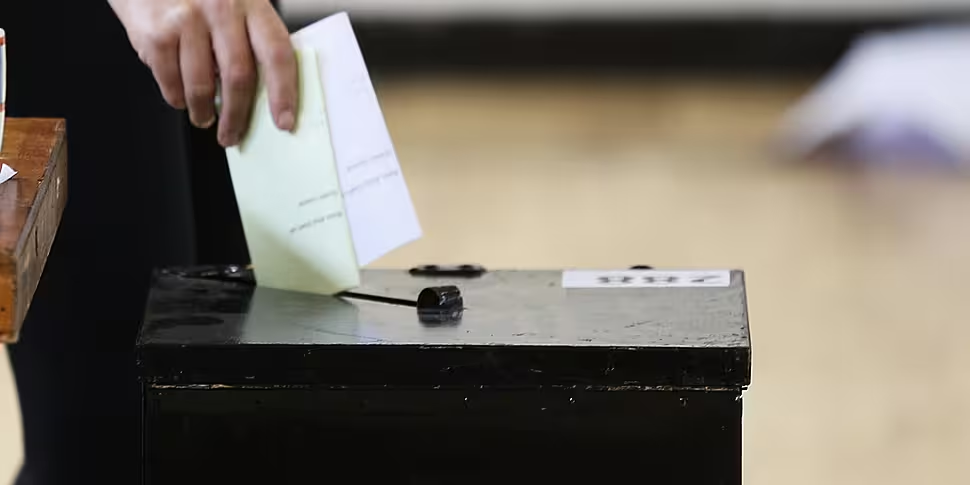With just over a week until Irish people go to the polls on two referendums, we take a deep dive into exactly what it all means.
The two referendums taking place on Friday March 8th are about broadening definitions of carers and the family.
The first would amend Article 41 to “provide for a wider concept of Family” in the Constitution.
 A sample ballot paper on the referendum on care. Image: The Electoral Commission
A sample ballot paper on the referendum on care. Image: The Electoral CommissionThe wording around the family would be changed so that the State recognises the family, "whether founded on marriage or on other durable relationships, as the natural primary and fundamental unit group of society".
The second would delete Article 41.2 to remove the reference to the role of women in the home and insert a new Article 42B to recognise family care.
The change would recognise the importance to the common good of the care provided by family members to each other.
It would also make a change that says the State would "strive to support" the provision of care within families.
 A sample ballot paper on the referendum on care. Image: The Electoral Commission
A sample ballot paper on the referendum on care. Image: The Electoral CommissionTrinity College Dublin Law Professor Oran Doyle told Lunchtime Live a 'durable relationship' is legally undefined.
"It's not defined, so if the amendment is passed the courts would define it as time goes along," he said.
"It's important to remember, though, that it has a limited context - it's just in terms of broadening the definition of family.
"I think some people are concerned about the courts having this power, on the other hand there's a lot of undefined terms in the Constitution".
Prof Doyle said other undefined terms include equality before the law, personal liberty and property.
"The courts get along with defining it over time; they build up their precedents and so on."
'No new rights'
Prof Doyle said any change would not give people new rights.
"The practical effects are a lot less significant than some of the commentary out there is suggesting," he said.
"It's not giving new rights to people who are durable relationships, it's just in a very small range of contexts where this constitutional family becomes relevant has extended the definition of what will count as a constitutional family.
"It depends to an extent how much you trust the courts to interpret the Constitution in general".
Carers
On a listener question around care for people with disabilities, Prof Doyle said the wording on the carers question, to 'strive to support carers', does not change the State's obligation.
"It doesn't put a legally enforceable obligation... It's no weaker than it currently is," he said.
"Some people would say this was an opportunity to impose a strong obligation on the State, and are disappointed that opportunity wasn't taken.
"The other critique that is out there comes from some people with disabilities who are concerned that this kind of treats care as being a private matter.
"So that care is something to be provided by families, not by the State.
"If you have a disability the implicit message here is that you are dependent on family to care for you, that you don't have an entitlement from the State.
"That's a legitimate concern that has been expressed.
"To make it clear: the provision doesn't stop the State providing care for people with disabilities, it's more a real concern about the symbolism of it".
Prof Doyle added that the wording to 'strive to support carers' is not as strong as the Citizens' Assembly wanted.
Listen back here:
More information can be found here









